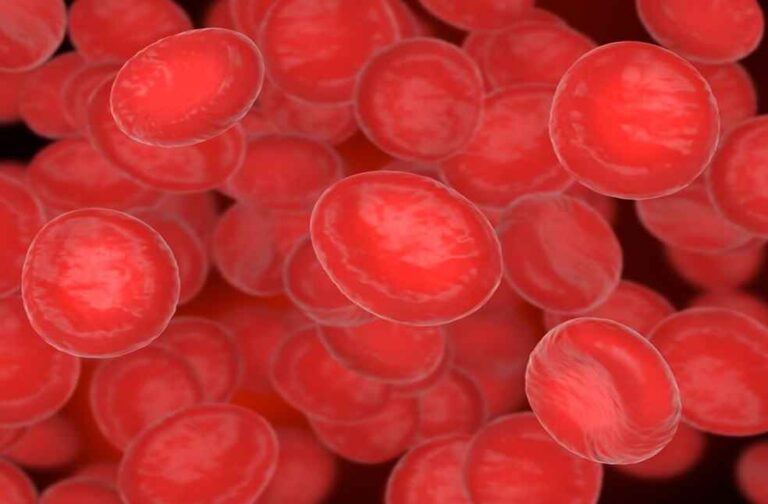Hypocalcemia is a common health condition that occurs when the amount of calcium in your blood is too low. A healthy body needs certain essential minerals to help maintain good health.
Calcium is also an essential mineral that plays a vital role in many physiological processes, including bone health, muscle function, nerve transmission, and blood clotting. When calcium in the body declines to optimal levels, it can lead to a variety of signs and health issues.
Most people are aware of the fact that low calcium can affect our health, but most of them do not know exactly what is happening or what are the symptoms of low calcium. So here are some important details about how hypocalcemia affects the body and how it affects overall health.
Calcium is mainly stored in bones and teeth, where it delivers structural backing and power. However, calcium plays an essential part in other operations throughout the body. Hypocalcemia can affect the regulation of cardiac muscle contractility and the normal heart rhythm. Low calcium can lead to heart palpitations, or in severe cases, heart failure.

Calcium is crucial for maintaining bone density and preventing conditions. Sufficient calcium levels ensure proper muscle function, including heart muscle contraction. Chronic calcium levels can compromise bone health and increase the risk of osteoporosis, which reduces bone density and increases the risk of fracture. Without enough calcium, bones become weak, brittle, and prone to fracture over time.
The transmission of nerve impulses throughout the body happens with the major help of calcium ions. They help control the discharge of neurotransmitters and enable communication between nerve cells. Adequate calcium levels help the coagulation cascade, a series of biochemical reactions that lead to blood clotting.

Low calcium may impair blood clotting, increasing the risk of bleeding. Individuals with hypocalcemia may experience bruising easily, prolonged bleeding from minor cuts or wounds, or heavy menstrual bleeding in women.
Hypocalcemia can have important outcomes for different physiological functions throughout the body, ushering signs such as muscle pangs, tingling, weakness, and lowered bone density. When calcium levels in the body decline beyond the normal range, usually below 8.5 milligrams/decilitre, it can induce hypocalcemia, which displays itself in a combination of symptoms and health intricacies.

Insufficient calcium levels may affect mental function and clarity. Calcium ions are implicated in neurotransmitter release and synaptic communication in the brain, and disruptions in calcium homeostasis can harm cognitive functions, memory, and attention.
Calcium deficiency can cause weakness, fatigue, and lethargy, which are the most common symptoms. Muscles require sufficient calcium to act optimally, and low levels can damage muscle strength and steadiness, leading to general weakness and lowered energy levels.

A deficiency of calcium affects dental health, which mostly leads to weakened tooth enamel, tooth decay, and an increased risk of gum disease. Calcium is essential for sustaining healthy teeth and backing oral health, and an inefficient intake can compromise dental health.



